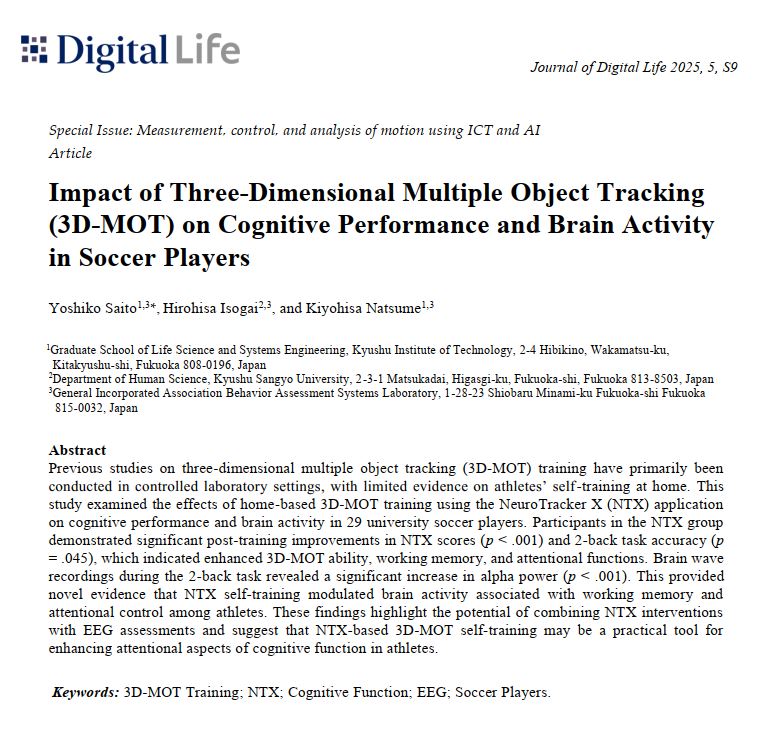Welcome to the Research and Strategy Services at in today's fast-paced.


There has been a lot of research in recent years showing that exercise improves brain health. But just how much exercise is required to get a benefit? Past research has shown that vigorous and regular exercise is clearly associated with boosts in your grey matter. However, the good news is that when it comes to memory, the latest indications are that just small, but regular, amounts of exercise can have positive effects.
A peer-reviewed study recently published in the journal Proceedings of the National Academy of Sciences of the United States of America (PNAS), came to the conclusion that, ‘‘Brief, very light exercise rapidly enhances hippocampal memory function.’’ The findings showed that just ten minutes of very light-intensity exercise appears to increase functional connectivity between the hippocampus, resulting in measurable gains in memory performance. The evidence discovered by a team of twelve neuroscientists, was backed-up with functional MRI scans.
This adds to other research by Harvard Medical School revealing that engaging in a brisk one-hour walk twice weekly, results in an increase the volume of various brain regions. Indirectly, exercise improves mood and sleep, and reduces stress and anxiety. Problems in these areas frequently cause or contribute to cognitive impairment.
The intensity of exercise in the PNAS study was 30% of VO2 Max, which can be achieved with moderate activities like tai chi, yoga, or even house work which involves physical effort. Combined with a previous study, the research suggests that, surprisingly, mild exercise is likely more beneficial for memory than intense exercise.
This is good news for older people, who are more likely to suffer from memory problems, yet can typically engage in regular but short amounts of light exercise. Light exercise also avoids risks of muscle or joint injuries that can happen with vigorous workouts.
In the PNAS study, ten-minutes on an exercise bike had a direct and positive impact on brain scans, increasing the strength of memory-based neuron signals, leading to better performance on a memory task. While it might not seem like much, there is a growing body of evidence that staying physically stagnant, mainly from sitting for too long on a day-to-day basis, actually shortens a person’s lifespan.
As this is not specific to activity in old age, it suggests that short and regular light exercise may be the key to improving overall health for people who work long office hours, or those who are drawn to couch-potato lifestyles.
The key benefits of exercise come directly from its ability to reduce insulin resistance, reduce inflammation, and stimulate the release of growth factors—chemicals in the brain that affect the health of brain cells, the growth of new blood vessels in the brain, and even the abundance and survival of new brain cells.
In nutshell, if you find yourself being sedentary for hours on end, it’s a great idea to take short breaks to loosen your limbs. And when it comes to work, a brief change in mindset is known to boost creativity and problem-solving skills – a win-win!
Want to learn more on brain health? Then also check out these blogs.
7 Blogs to Boost Your Wellness







Welcome to the Research and Strategy Services at in today's fast-paced.

You improved your sleep — but your focus didn’t change. This guide explains how circadian timing, cognitive load, and recovery patterns influence attention beyond sleep duration alone.

If your thinking feels slower than usual, it doesn’t automatically mean something is wrong. This guide explains common short-term causes, normal cognitive variability, and how to interpret changes calmly over time.

Many professional roles require cognitive performance to be sustained over long periods rather than demonstrated briefly. This article explains how sustained cognitive load shapes performance in knowledge-work and monitoring environments.
.png)